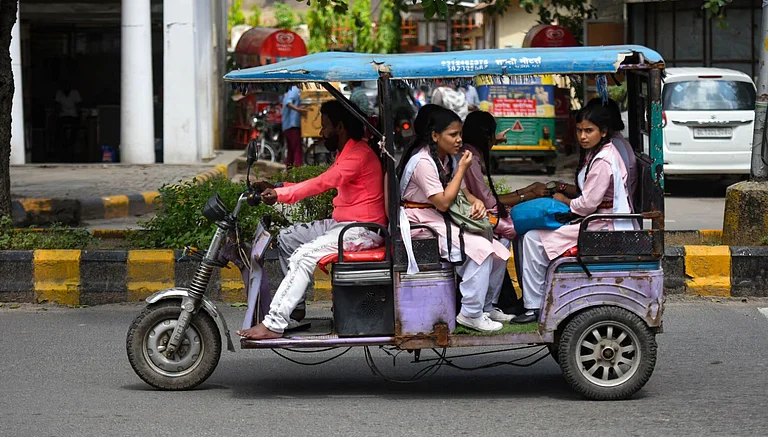India’s steady growth amid the global recession has been a subject of wide
discussion. There’s been much debate on whether this is misplaced euphoria or the sign of a nation that has managed to insulate itself from one of the worst financial crises of recent times on the strength of its consistent growth. What is fundamentally clear in the given environment is that the country has its unique opportunities and challenges. Therefore, a one-size-fits-all approach does not work for global companies, more so in the context of human resource management, and in nurturing future organisational leaders.
Martin Luther King, Jr. once said, “The ultimate measure of a leader is not where she/he stands in moments of comfort, but where she/he stands at times of challenge and controversy”. The last year was a challenge that put to test leaders globally. Experts say recession is a time for organisations to correct past mistakes, thereby strengthening capabilities and preparing for the next upward cycle in the market. The crucial question in such times is: what is my organisation doing to develop a pool of future leaders that will take us to the next wave of growth? I believe future leaders will stand out during this difficult period.
The current challenges have brought to the forefront the need for a leaner workforce with a strong focus on performance and the need to nurture the right talent. Despite the positive growth in the country, a number of companies have been forced to reduce their headcount in order to increase productivity. However, as the Indian market continues to improve, I suspect attrition will start increasing as well. Therefore, it is critical for companies to continue to invest in their people by providing challenging assignments, training and the right avenues for them to grow professionally. In other words, opportunities for ‘continuous learning’.
The other critical aspect will be the ability to create a performance-driven culture. Each organisation has to constantly raise the bar in order to achieve the ultimate goal of continuous improvement. As a result, one ends up creating a culture of meritocracy. By differentiating key performers in the organisation, it is imperative that companies develop the right systems to retain their best talent. This is going to be one of the major challenges for India Inc over the next few years.
The uncertain business environment demands a different kind of leadership from business leaders as well. It is important to have regular and open communication from leaders who need to inspire and motivate their employees. The ability to drive change in an organisation is significantly greater when leaders are transparent, open and authentic.
The effect of recession lingers and is reflected in the form of pressures an organisation has to undergo to keep growing profitably and more importantly, as mentioned, the ability to develop and identify a chain of future leaders. We at GE have a constant focus on building strong leaders through various leadership programmes imparting both technical and managerial skills. This has helped GE, over a period of time, to build a team of senior officials who have made a significant impact in their areas of responsibility.
In conclusion, it is important for organisations to focus on helping employees grow professionally and developing leaders in times like this. Leaders in your organisation are not those that merely make their numbers, but those who are passionate, share your values and are driven, authentic, transparent, develop talent and not only have enormous amounts of energy themselves but can energise those they lead.
(The author is president and CEO, GE India)


























